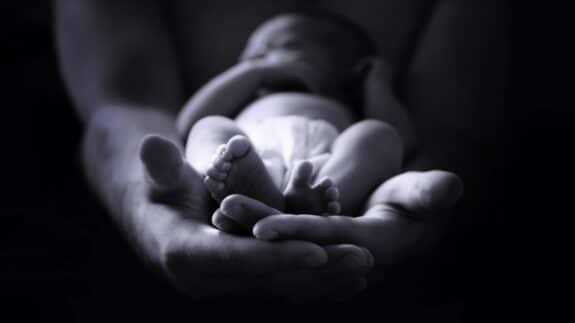It is estimated that almost 10,000 moms to be have contracted COVID -19 while pregnant. Initially the concern was that moms who contracted the virus could pass it along to their unborn babies. But as nature would have it our bodies do everything they can to protect our growing babies.
JAMA Pediatrics recently released a paper revealing some good news for parents who were concerned about their unborn baby’s safety during the pandemic.
For the study, maternal and cord blood were collected from 1,471 mothers and their babies who were delivered at Pennsylvania Hospital between April and August 2020. Antibodies for SARS-CoV-2, the virus that causes COVID-19, were found in 83 of the 1,471 women, or just under 6 percent. Fifty, or 60 percent, out of the 83 women who tested positive for the coronavirus never showed any symptoms. The samples from these moms and babies, 11 infants had no antibodies for SARS-CoV-2 at birth.
The women who contracted COVID-19 during their pregnancies were able to pass the antibodies they developed through the placenta to their unborn children.
This information could help guide vaccine trials for pregnant women in the future researchers said.
Did the stage of the pregnancy affect the number of antibodies?
Yes. The longer the time between when a mother caught the virus and when the newborn was delivered, the greater the number of antibodies transferred to the baby.
“Our findings demonstrate the potential for maternally derived antibodies to provide neonatal protection from SARS-CoV-2 infection and will help inform both neonatal management guidance and design of vaccine trials during pregnancy,” researchers noted in the paper.
The IgG antibody, which develops following an infection or immunization, was detected in the cord blood of 72 of the 83 infants born to mothers who had been infected.
The IgM antibodies a body makes when it fights a new infection were not found in any cord blood samples, indicating that the mother did not infect their child during pregnancy even when the mother was critically ill.
Hopefully, the study’s authors are able to expand their study to include mothers from other areas of North America and infants who were born both pre-term and full-term. This new information, however, is definitely encouraging for parents who are expecting and worried about their baby’s health.







